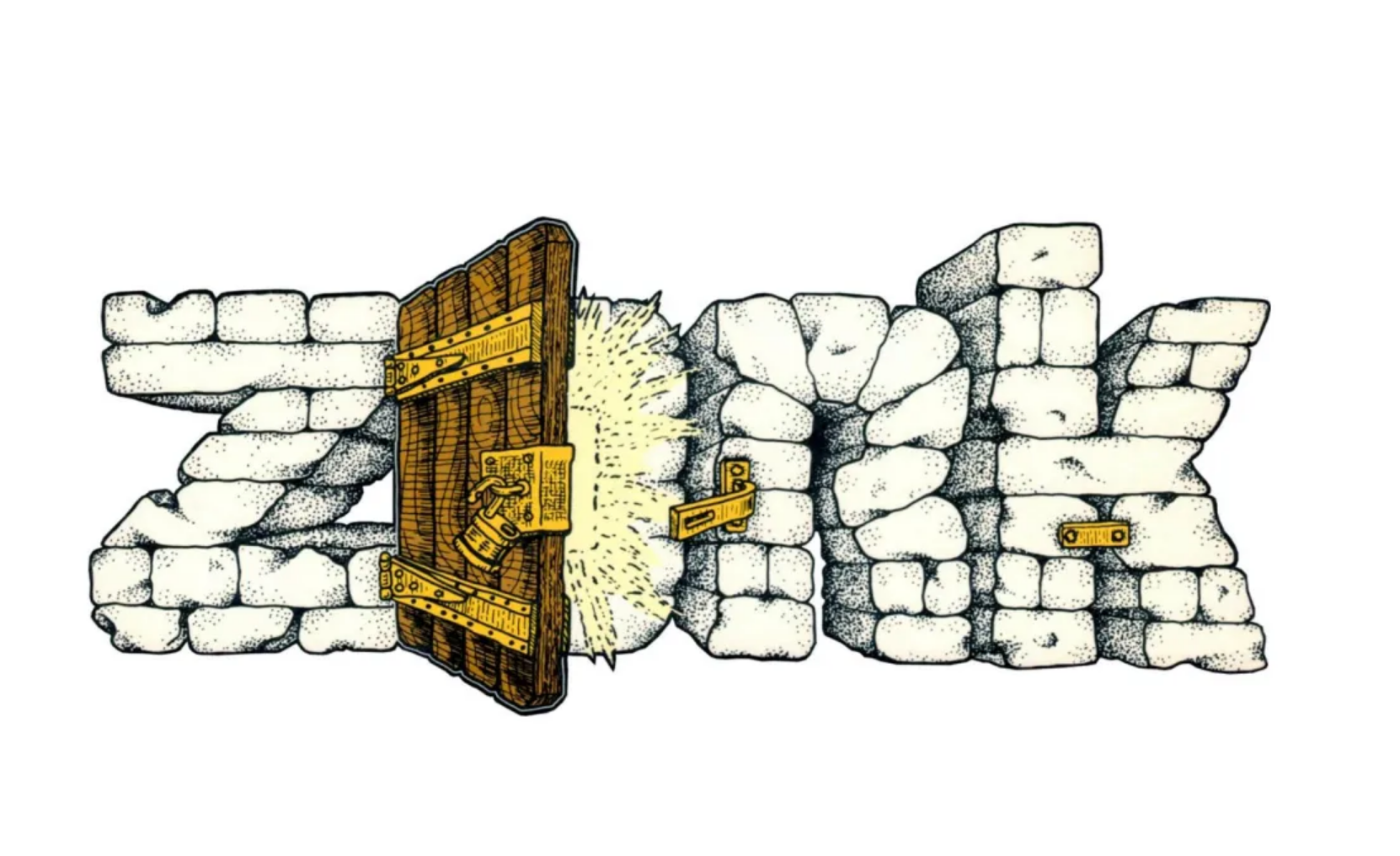
Keep up to date with the most important stories and the best deals, as picked by the PC Gamer team.
You are now subscribed
Your newsletter sign-up was successful
Want to add more newsletters?

Every Friday
GamesRadar+
Your weekly update on everything you could ever want to know about the games you already love, games we know you're going to love in the near future, and tales from the communities that surround them.

Every Thursday
GTA 6 O'clock
Our special GTA 6 newsletter, with breaking news, insider info, and rumor analysis from the award-winning GTA 6 O'clock experts.

Every Friday
Knowledge
From the creators of Edge: A weekly videogame industry newsletter with analysis from expert writers, guidance from professionals, and insight into what's on the horizon.

Every Thursday
The Setup
Hardware nerds unite, sign up to our free tech newsletter for a weekly digest of the hottest new tech, the latest gadgets on the test bench, and much more.

Every Wednesday
Switch 2 Spotlight
Sign up to our new Switch 2 newsletter, where we bring you the latest talking points on Nintendo's new console each week, bring you up to date on the news, and recommend what games to play.

Every Saturday
The Watchlist
Subscribe for a weekly digest of the movie and TV news that matters, direct to your inbox. From first-look trailers, interviews, reviews and explainers, we've got you covered.

Once a month
SFX
Get sneak previews, exclusive competitions and details of special events each month!
Microsoft has made classic text adventures Zork and its sequels open source. The original trilogy (which is actually one huge game that developer Infocom split into three parts) is now available under an MIT License.
Microsoft acquired the licence to Zork when it purchased Activision, which in turn nabbed the IP when it bought Infocom back in the '80s. The move to make Zork open source is a combined project between Microsoft, the Xbox Team, and Activision, while Jason Scott, a digital archivist at the Internet Archive, was also involved.
Code repositories for Zork, Zork 2 and Zork 3 already exist on Github, having been submitted anonymously several years back. In a blog explaining its decision to make Zork open source, Microsoft says that rather than create new repositories, it has "officially submitted upstream pull requests to the historical source repositories" which "add a clear MIT License and formally document the open-source grant."
Microsoft also points out that the license related only to the source code, and "does not include commercial packaging or marketing materials".
It's a welcome move. However, Microsoft's announcement about making Zork open-source sure has the whiff of AI-generated writing about it. The article is riddled with saccharine, dreamy phrasing and AI-favoured sentence structures. "When Zork arrived, it didn't just ask players to win; it asked them to imagine" is a classic bit of AI-generated hokum, and similar phrases occur multiple times through the text.
Given how the article itself praises Zork's writing, saying its words "built worlds more vivid than most games of their time" using AI to slop out an article about it doesn't seem very respectful. Nor does using a technology notorious for plagiarism to write about how important the particularities of licensing are. To be clear, I don't think the whole text is AI generated, but I'd bet that it's been run through an AI system at some point.
But that's just my opinion. This wouldn't be the first time that Zork and generative AI have intersected. A couple of years back, Google tried running Zork's text through an image diffusion model to see how it interpreted what Zork's world might look like. At the time, PC Gamer's Rich Stanton pondered whether we'd see this version of Zork as an actual release, though it doesn't seem to have happened so far.
Keep up to date with the most important stories and the best deals, as picked by the PC Gamer team.
Best laptop games: Low-spec life
Best Steam Deck games: Handheld must-haves
Best browser games: No install needed
Best indie games: Independent excellence
Best co-op games: Better together
Rick has been fascinated by PC gaming since he was seven years old, when he used to sneak into his dad's home office for covert sessions of Doom. He grew up on a diet of similarly unsuitable games, with favourites including Quake, Thief, Half-Life and Deus Ex. Between 2013 and 2022, Rick was games editor of Custom PC magazine and associated website bit-tech.net. But he's always kept one foot in freelance games journalism, writing for publications like Edge, Eurogamer, the Guardian and, naturally, PC Gamer. While he'll play anything that can be controlled with a keyboard and mouse, he has a particular passion for first-person shooters and immersive sims.
You must confirm your public display name before commenting
Please logout and then login again, you will then be prompted to enter your display name.



